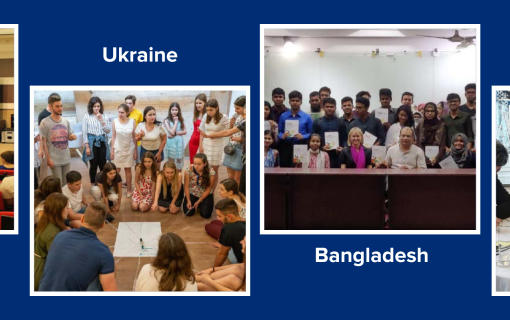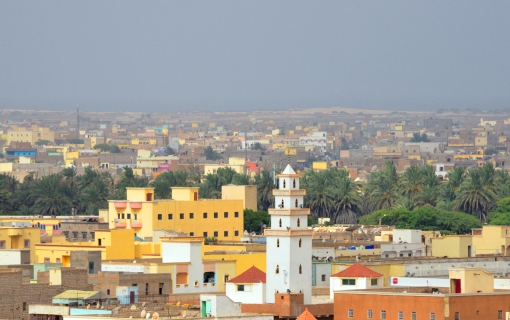International Observation Mission Paraguay: General Elections April 27, 2003. Final Report
INTRODUCTION
On April 27, 2003, the Republic of Paraguay held nationwide elections in an atmosphere of calm efficiency and normality. The country's voters and electoral system repeated a performance that has gained praise throughout the hemisphere since 1993. The 2003 elections strengthened the process of democratization in Paraguay, following a 35-year period of dictatorship rule and an abrupt transition by means of a coup d’état. Though much needs to be done for Paraguay to fully achieve democracy, Paraguay's electoral institutions, political parties and volunteers gave a professional and mature performance on April 27, 2003.
Multiple offices were contested on April 27, 2003, including the offices of the president and Vice-president, 45 senators (with 45 substitutes), 80 deputies (with 80 substitutes), 17 governors, and 191 members of state assemblies (with 191 substitutes). Turnout was relatively high with a 64% participation rate, but it was 15% lower than 1998. A few minor incidents were reported.
As a result of consultations between the governments of Paraguay and the United States, IFES was invited to deploy an election observation mission to Paraguay. With the support of the United States Agency for International Development (USAID), IFES organized an 11-member international delegation comprised of experts in the areas of election administration, voter education, civic and voter registration, and political parties, from seven countries in the Americas. The observation mission was led by Mr. Miguel Angel Rodriguez, former President of Costa Rica, and Mr. Richard Soudriette, IFES President. The objective of the mission was to monitor activities prior to Election Day, observe the voting process, and assess the post-election activities.
This report is issued as a record of the observations made by the IFES mission. It also presents a series of technical suggestions for the consideration of the Paraguayan government in the organization and administration of future elections.
IFES Program Officer Pablo Galarce and IFES consultant Jorge Tirado traveled to Paraguay on April 5, 2003, to conduct a pre-election assessment and advanced coordination of logistics. Members of the delegation arrived on April 23 and attended briefings by election officials, political party and alliance leaders, and civil society organizations in Asuncion. The team was primarily interested in gathering information on the activities and climate of the electoral campaign, preparations for the election itself, the electronic voting machines, and the resources and logistics required by the observation teams, especially in more remote areas of the country. During the week leading up to Election Day, the IFES delegation studied the organization of the electoral process, electoral rules and procedures, the powers and functions of the Supreme Electoral Tribunal, the computers to be used at electronic polling stations, and the roles of volunteers. Beginning on April 26, two-person teams traveled to designated observation sites throughout the country to gather information on electoral preparations at the local level and to prepare to observe the elections on April 27, 2003.
After a series of meetings with election officials, representatives of political parties and other observation groups, the IFES delegation was divided into 11 teams of two persons each and assigned to different observation sites. Six teams were assigned to the Departamento Central and Asunci6n, the areas with the largest number of voters. Others teams traveled to Concepci6n, Alto Parana, Caaguazu and Guaira, Itapua and Misiones. On Election Day, these teams visited more than 100 polling centers out of a nationwide total of 948 Sites observed ranged from the largest polling centers to remote small schools.
Beginning on April 24, the IFES mission visited local party headquarters, met with Electoral Tribunal officials and Electoral Delegates, and located voting centers and counting centers. Teams in most areas were able to coordinate their observation with teams fielded by the Organization of American States (OAS), Decidamos, CAPEL and Transparencia/Paraguay. Each observation team had cellular telephones, so most were able to keep in touch with other IFES teams and local contacts. All of the observation teams followed the voting and counting processes in as many locations as possible throughout the day, looking in particular at issues of polling station organization, expertise of electoral officials and Electoral Delegates, conduct and expertise of political party representatives as authorized observers, processing of candidates' and electors' complaints, the conduct of the police at voting sites, and security procedures for ballots and tally sheets.
The observation teams reassembled in Asuncion for a debriefing on April 28. Most of the election observers departed from Asuncion on April 29.
Read the Full Report.








